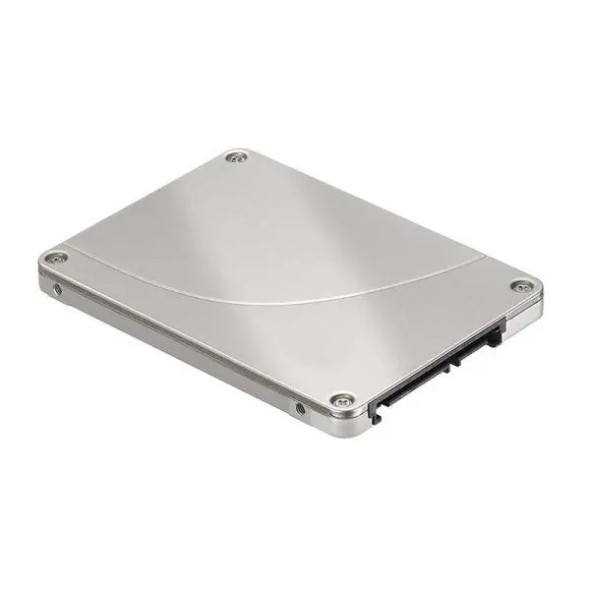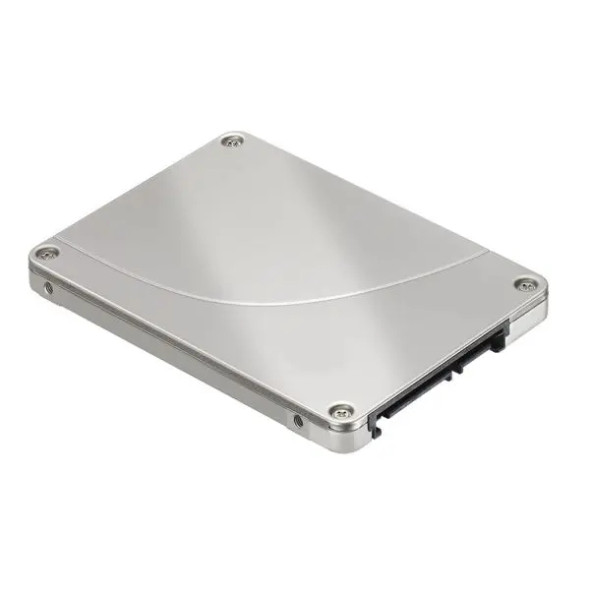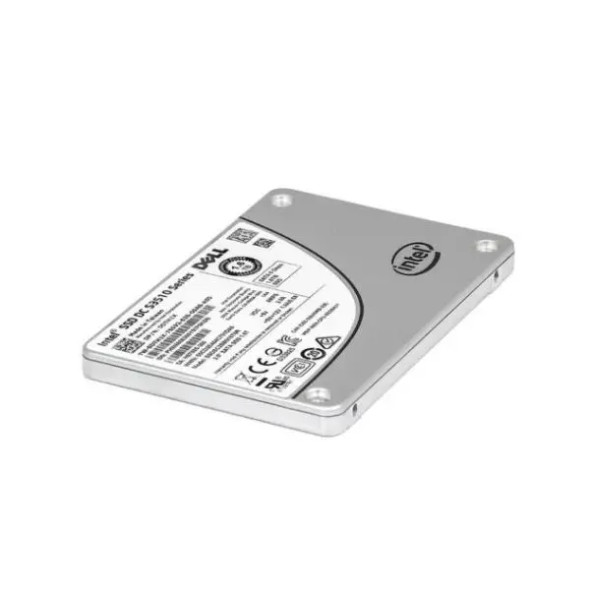Solid State Drives
- Product
- Qty in Cart
- Quantity
- Price
- Subtotal
-

Samsung MZ-ILS800B PM1635a Series 800GB MLC SAS 12Gb/s 2.5-inch Internal Solid State Drive
Samsung
£108.85Samsung MZ-ILS800B PM1635a Series 800GB MLC SAS 12Gb/s 2.5-inch Internal Solid State Drive£108.85 -

Dell 0TPWNJ 200GB SAS 6Gb/s 2.5-inch SLC Enterprise Internal Solid State Drive
Dell
£98.26Dell 0TPWNJ 200GB SAS 6Gb/s 2.5-inch SLC Enterprise Internal Solid State Drive£98.26 -

Hitachi 0B24945 200GB Single-Level Cell SLC SAS 6Gbs 2.5-inch Solid State Drive
Hitachi
£50.00Hitachi 0B24945 200GB Single-Level Cell SLC SAS 6Gbs 2.5-inch Solid State Drive£50.00 -

EMC 5049670 200GB SAS 6GBs 2.5-inch Solid State Drive
EMC Corporation
£45.00EMC 5049670 200GB SAS 6GBs 2.5-inch Solid State Drive£45.00 -

EMC VX-2S6F-200 200GB SAS 6GBs 2.5-inch Solid State Drive for VNX Storage System
EMC Corporation
£50.00EMC VX-2S6F-200 200GB SAS 6GBs 2.5-inch Solid State Drive for VNX Storage System£50.00 -

EMC NB-2S6F-200 200GB SAS 6GBs 2.5-inch Solid State Drive for VNX Storage System
EMC Corporation
£45.00EMC NB-2S6F-200 200GB SAS 6GBs 2.5-inch Solid State Drive for VNX Storage System£45.00 -

Hitachi HUSSL4020ASS600 200GB Single-Level Cell SLC SAS 6Gbs 2.5-inch Solid State Drive
Hitachi
£49.00Hitachi HUSSL4020ASS600 200GB Single-Level Cell SLC SAS 6Gbs 2.5-inch Solid State Drive£49.00 -

EMC 5049264 200GB SAS 6GBs 2.5-inch Solid State Drive for VNX Storage System
EMC Corporation
£50.00EMC 5049264 200GB SAS 6GBs 2.5-inch Solid State Drive for VNX Storage System£50.00 -

Dell 06XJ05 400GB SATA 6Gb/s 2.5-inch MLC Internal Solid State Drive
Dell
£57.07Dell 06XJ05 400GB SATA 6Gb/s 2.5-inch MLC Internal Solid State Drive£57.07 -

Dell X10NT Equallogic Enterprise Plus 400GB SAS 6Gbs SFF 2.5-inch Solid State Drive
Dell
£107.79Dell X10NT Equallogic Enterprise Plus 400GB SAS 6Gbs SFF 2.5-inch Solid State Drive£107.79 -

NetApp SP-446B-R6 200GB SAS 6Gbs 2.5-inch Solid State Drive for FAS2240/FAS2552/FAS2650/DS224C/DS2246
NetApp
£52.78NetApp SP-446B-R6 200GB SAS 6Gbs 2.5-inch Solid State Drive for FAS2240/FAS2552/FAS2650/DS224C/DS2246£52.78 -

IBM 18R1083 200GB Enterprise Multi-Level Cell eMLC SAS 6Gbs 2.5-inch Solid State Drive
IBM
£52.78IBM 18R1083 200GB Enterprise Multi-Level Cell eMLC SAS 6Gbs 2.5-inch Solid State Drive£52.78
